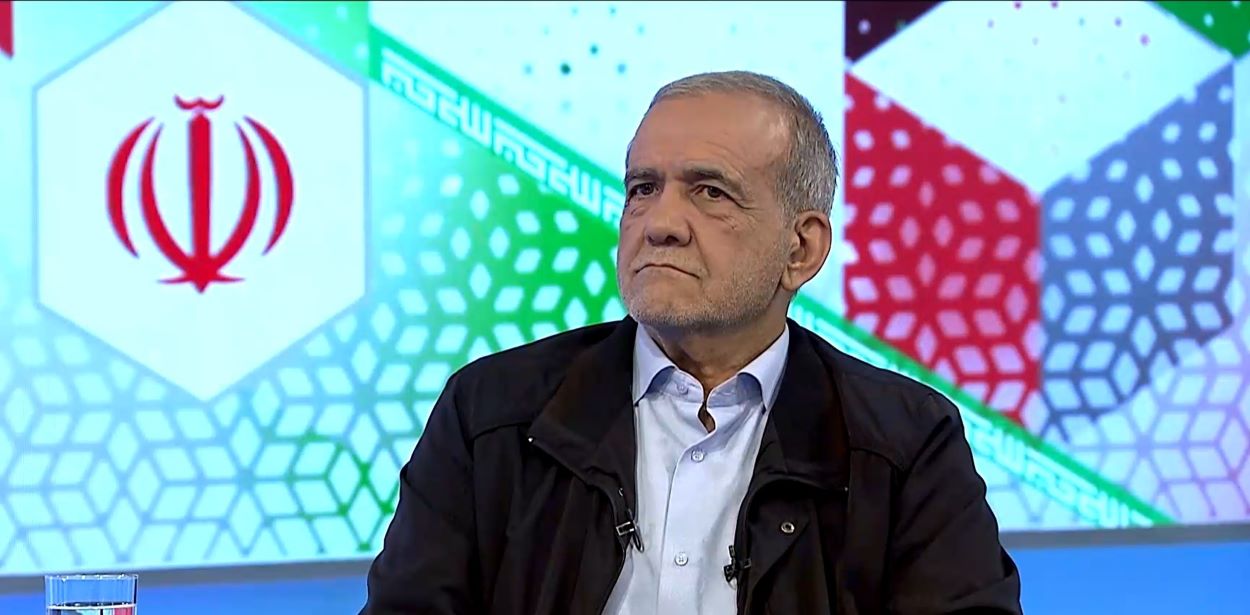The interior ministry announced on Saturday that Reformist Masoud Pezeshkian had won the Iranian presidential run-off. He competed against Saeed Jalili in a tight race and will become Iran’s next president.
About 30 million Iranians voted in Friday’s polls. Masoud Pezeshkian received over 16 million votes, while Jalili got around 13 million; approximately 600,000 ballots were “spoiled.”
This run-off followed last month’s election, where no candidate reached over 50% amid a historically low turnout. Pezeshkian led the first round with 42%, while Jalili, a conservative and Khamenei’s representative at the Supreme National Security Council, followed with 39%.
Unexpectedly early due to President Ebrahim Raisi’s death in a helicopter crash, these elections occurred amid escalating regional tensions and Western pressure regarding Iran’s nuclear program.
Pezeshkian, in his victory speech, pledged to “extend the hand of friendship to everyone,” focusing on national unity and progress.
His presidency might ease tensions over nuclear negotiations, foster social liberalization, and promote political pluralism despite voter scepticism about his ability to challenge Iran’s clerical and security establishment.
Pezeshkian has committed to reviving Iran’s struggling economy, which has been affected by mismanagement, corruption, and U.S. sanctions.
Who is Pezeshkian? Aged 69, he is a heart surgeon and long-time representative of Tabriz in parliament. His political career includes serving as health minister and receiving endorsements from reformist leaders Mohammad Khatami and Hasan Rouhani. Pezeshkian, who also served as a combatant physician during the Iran-Iraq war, tragically lost his wife and a child in a car accident in 1994 but chose to raise his remaining children alone without remarrying.






